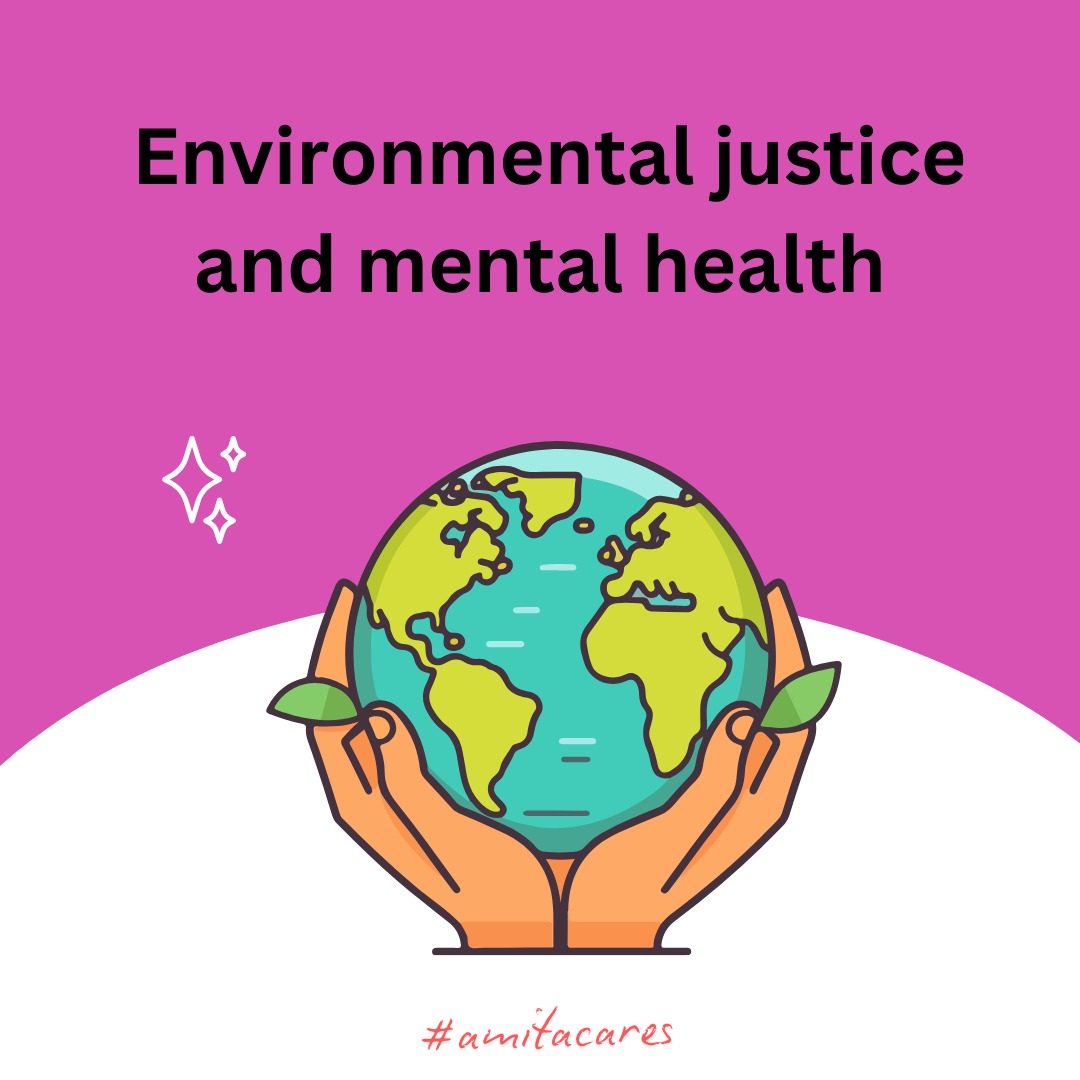
Environmental justice and mental health are deeply connected, yet the psychological effects of pollution and environmental degradation are often overlooked. Low-income communities and communities of color are disproportionately exposed to environmental hazards such as air pollution, toxic waste, and contaminated water. Living in these conditions increases the risk of physical health issues like asthma and heart disease, but it also has severe mental health consequences. Chronic exposure to environmental stressors contributes to anxiety, depression, and trauma, as individuals feel powerless against the conditions harming their well-being.
One of the most significant mental health impacts of environmental injustice is the stress and anxiety caused by unsafe living conditions. Families in polluted areas often worry about the long-term health effects on their children, financial burdens from medical bills, and the lack of governmental action to address these issues. Displacement due to environmental disasters—such as floods, hurricanes, or industrial accidents—can further contribute to post-traumatic stress disorder (PTSD) and community-wide distress. The constant struggle for clean air, water, and safe housing creates a cycle of stress that takes a profound toll on mental health.
Addressing these disparities requires both policy changes and grassroots activism. Governments must enforce stricter environmental regulations, invest in clean energy initiatives, and hold polluting industries accountable for the harm they cause. Additionally, community-led advocacy groups play a crucial role in raising awareness, pressuring policymakers, and providing mental health support to affected populations. Recognizing environmental justice as a public health issue—including its impact on mental well-being—is essential to creating healthier, more equitable communities for all.
Kanishka
